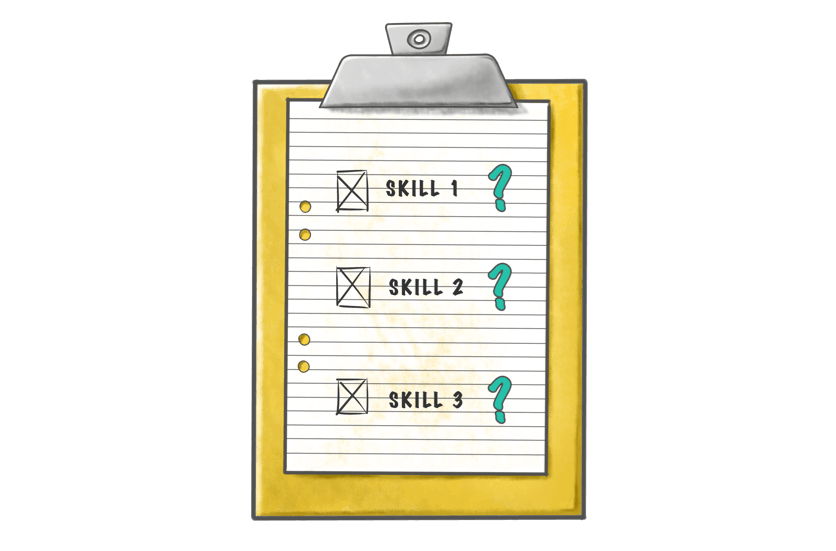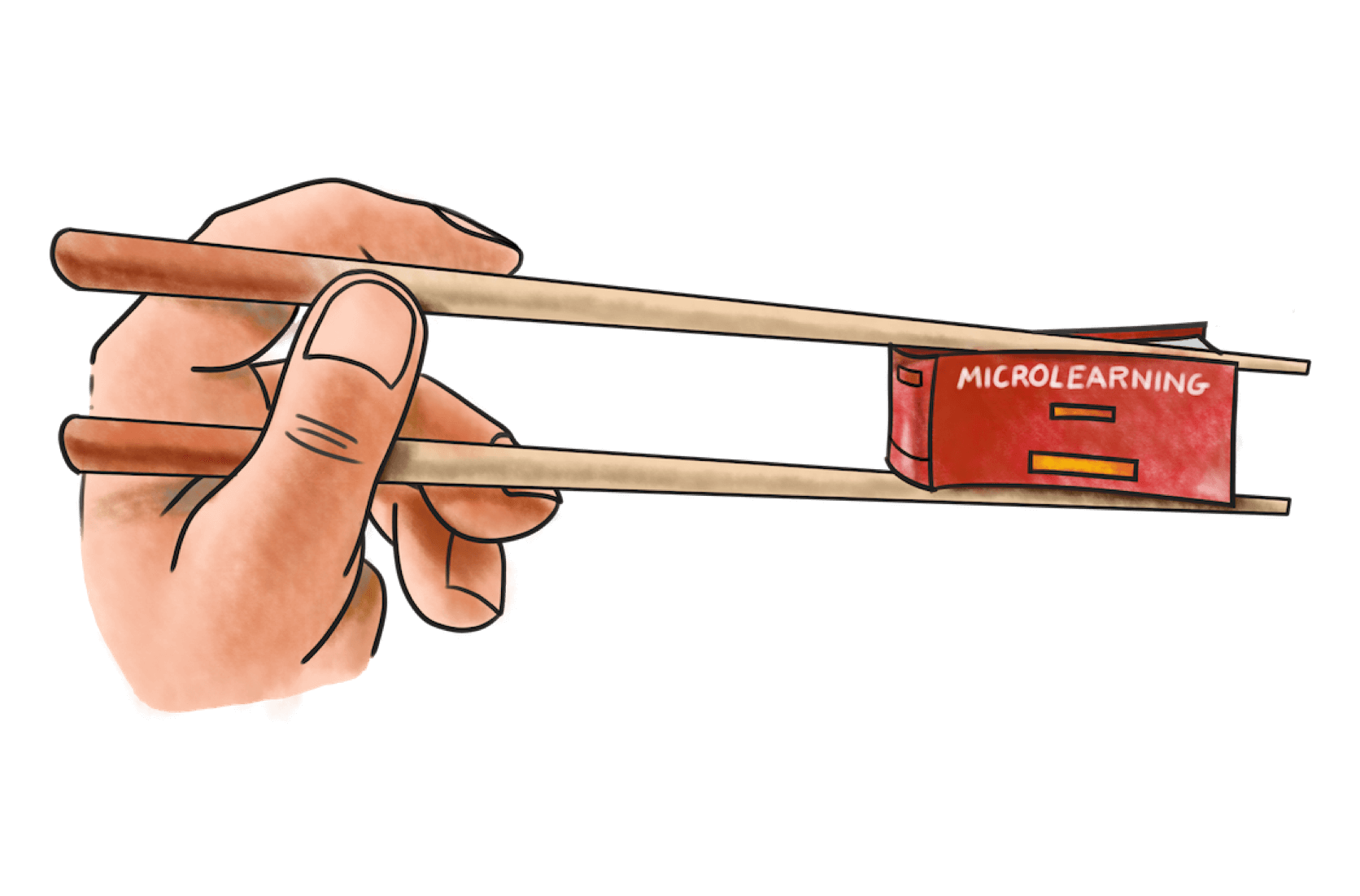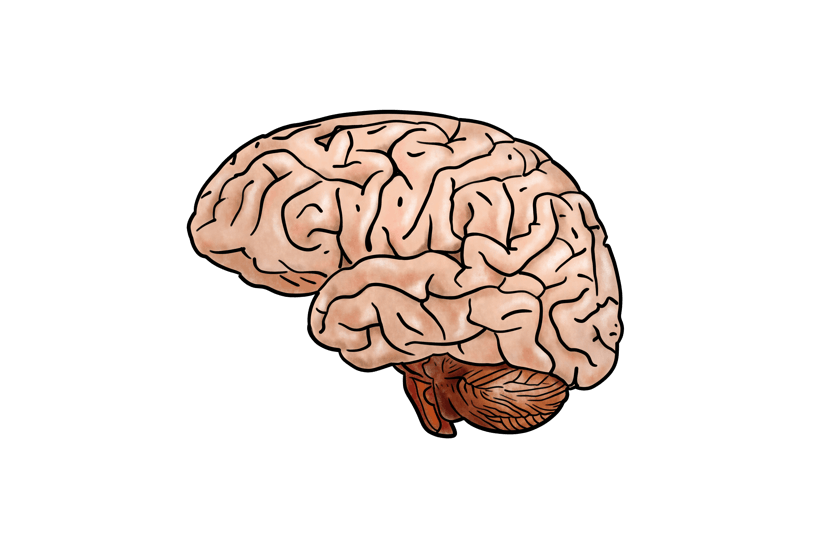
If you consider crossword-lovers cool, then I'm the coolest person ever. And, as a cool person, I want to explain why reading is cool. (And I'm not talking about reading the news. Endless doom-scrolling is not cool.)
Sure, reading the news is important. But, I'm here to talk about reading for pleasure; taking time out of your day to focus on reading beyond the compulsory reading of emails, headlines and traffic signs.
Since I was a kid, I've loved books. Lugging a heavy, filled-to-the-brim library bag to school to swap them for all the new releases, staying up late to read them all in a night and bringing them back tomorrow. Wandering book shops looking for a pretty cover to spend my pocket money on. Organising and reorganising my bookshelf according to colour, author, genre...

Anyway reading looks a little different now. The advent of e-readers and the slow fade-out of print media makes media consumption a completely different experience. My love of physical books has been replaced with a love of reading itself, and my trusty Kindle is (data) heavy with the amount of books I download onto it weekly. (That being said, the fortnightly Angus&Robertson deliveries keep the bookshelf looking fresh. Yes, moving is a nightmare.)
But, no matter the medium you're using reading is still cool, and I'm going to give you three reasons why:
1. It makes you smarter (and helps you live longer!)
Yeah, I know. Yarno's all about learning, I was bound to make it number one. But, it's true.
We all remember playing Dr. Kawashima's Brain Training on the Nintendo DS. Completing seemingly pointless lateral thinking minigames in order to get the elusive brain 'age' of 20. Now, the neuroscience behind Brain Training is hotly debated, but the principle is widely accepted: stimulating your brain prevents mental ageing, and helps you live longer. Reading is a great way to stimulate different elements of the brain, keeping it active and healthy.
The more you read, the more you learn. Exposing your brain to books means you are improving your communication skills by learning new ways to describe things, and adding to your vocabulary. I regularly come across words I've never heard before, and need to take a moment to either figure it out by the context, or find it in a Dictionary (dot com).
Not only does reading increase your vocabulary, but it exposes you to knowledge.
And you can cater this learning to exactly what you want to learn about. Want to learn about dinosaurs? Great, there are a million books about dinosaurs. Interested in Ancient Greece? Great, there are a million books about Ancient Greece. And so it goes; millions of books for millions of topics.
However, reading fiction can make you smarter as well, in more ways than one. When you're reading a fictional story, you are inside the world of the characters in the novel. You're fully inside someone else's thoughts, feelings, and environment. Being able to relate to characters, and understand their motivations and decisions means you have empathised with them, building emotional intelligence.
By following the plot of a novel, you are also strengthening critical thinking and analytical skills. Reading enhances your ability to be open-minded, and use judgment to process what you're reading and learning. Next time you pick up an Agatha Christie, you might find yourself starting to guess at the culprit. You're able to do this because you are analysing the evidence given to you throughout the book so far, and working out the old prefrontal cortex.

2. It improves your memory
It's scientifically proven!
Every time you learn something, you strengthen your brain's ability to retain and recall information.
And learning is truly endless when you are reading a book. In a novel, you've got countless characters and plot-points to keep track of. Each character has their own nuances, backgrounds and history to follow and you have to remember these as they inevitably influence the story.
But don't take my word for it, take a language experts': "A sentence is shorthand for a lot of information that must be inferred by the brain". - Ken Pugh, PhD and Director of Research at Haskins Laboratories (Yale). Surely a Yale Linguistics professor knows their stuff (plus it's on the Oprah website, so it must be true). He goes further to explain that reading a sentence forces our brain to merge our understandings of vision, language and associative learning. This means our neural pathways strengthen between different elements of understanding, and improve the overall capacity of our brains.
Reading also gives us more time to pause between receiving information. Pugh talks about how, when we're watching a movie, we're not likely to pause in between each element of information we're fed. I know what he means. After I finished binge-watching Gossip Girl (again), I realised I could barely remember any independent episode plot-lines, beyond the overarching plot (#team Chuck). But when I'm reading a book, I can recall passages and individual scenes much more vividly, thanks to the way my brain is forced to put together an image from the words on the page.
When we're reading, we have the freedom to pause, absorb, and understand before continuing. This means we can take in information at our own pace, and are likely to take more knowledge with us after we finish reading.

3. It's a way to de-stress
I love Ted Lasso as much as the next Yarnoer (we're all obsessed). But sometimes, after staring at a computer screen all day, watching a couple of hours of TV isn't the ideal way to switch off in the evening.
Reading is a great way to give your eyes a little rest from all that blue light. Even using a kindle on low backlight is better than staring at another laptop/TV screen after eight hours of work!
Being able to escape into a good book is (in my very cool opinion) the greatest joy of reading.
A 2009 study at the University of Sussex found that your stress levels can decrease by up to 68% after a few minutes of reading. It works quicker than other relaxation techniques such as listening to music, because your mind is actively engaged, and distracted from whatever the source of stress was.
Whether you're reading a high fantasy novel, a cook book, or a travel guide, picking something to read that appeals to you will mean you're able to focus on the content and let your worries fade away.












































































































